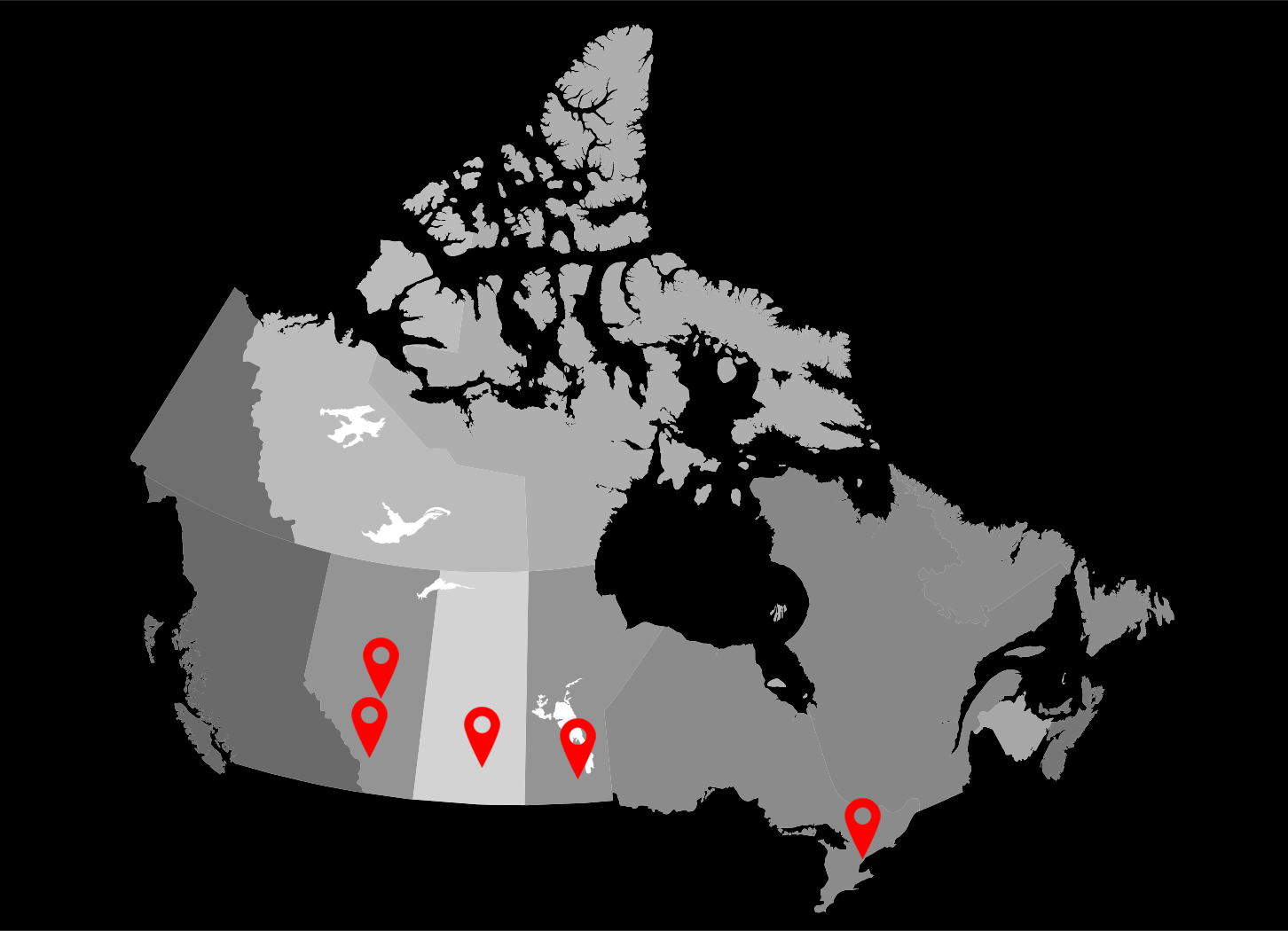REFUSAL OR FAILURE TO PROVIDE A BREATH SAMPLE IN CANADA
Did you know that even if you have consumed no alcohol whatsoever and are stopped by traffic police in Canada, you can still be charged under federal DUI laws?
It surprises many people who are not aware of recent law changes that simply refusing to comply with a request by a law enforcement officer to provide a breath sample is a criminal offence.
It can result in a hefty fine, a licence suspension, and even jail time for repeat offenders.
Any request by law enforcement officers in Canada must be treated seriously – and if you are charged with an offence under the mandatory screening laws, it is a good idea to get experienced legal help immediately.
What is refusal or failure to provide a breath sample?
Before December 2018, to request a breath sample from drivers, police officers required reasonable grounds to suspect that a driver was impaired by alcohol, e.g., a strong smell of alcohol on the breath or slurred speech.
These reasonable grounds could often be challenged in court and provide a means of defence for an accused driver.
Federal laws were changed in December 2018 to authorize police officers to request drivers to submit to a breath test at their discretion. Failure or refusal to comply with this request can lead to a criminal charge under section 320.15(1) of the Criminal Code.
This is a rude awakening for drivers unfamiliar with the law changes – and even more so because the offence carries similarly severe penalties to the charge of Driving At or Over 08.
Note that you do not have the right to consult a lawyer before performing a roadside test. It is, therefore, best to know your rights before getting into this situation.
Types of tests and samples police will request
If you are stopped by traffic police and there is any suspicion that you have been drinking, you will likely be asked to blow into a breathalyzer or use an approved screening device.
But that’s not the only test that police can request of you. As well as roadside tests, you may be asked for chemical tests back at the police station.
Roadside tests
If you are stopped, the police will first observe your behaviour and check for any signs that you have been drinking or taking drugs.
They will make a judgment about your ability to drive safely based on several factors, including:
- Your physical appearance
- Your answers to questions they ask
- Your physical movement, and
- Whether you or your car smell of alcohol
- If you have been stopped for any reason (even a minor traffic violation) you will likely be asked to submit to a breath-screening test for alcohol. As previously explained, mandatory roadside breath tests to screen for alcohol impairment are now routine.
Officers may also ask you to complete a Standardized Field Sobriety Test (SFST). This usually includes an examination of the eyes and a request to perform a series of physical tests, such as walking in a straight line.
If drug impairment is suspected, you may be asked to submit an oral fluid (saliva) sample.
Other testing at a police station or medical facility
After the roadside tests, you will likely be asked to perform further tests at the police station or a recognized medical facility. The police will need further evidence in addition to that gathered from roadside tests.
Chemical tests will determine blood-alcohol concentration levels and/or the types and levels of prohibited drugs in your system. Bodily fluid sample testing (blood or urine samples) may be conducted.
Note that for these tests, you have the right for a lawyer to be present as you have already been arrested.
Penalties for refusal or failure to provide a breath sample
The penalties for refusal or failure to provide a breath sample are detailed under Section 320 of the criminal code as follows:
- 1st offence: Mandatory minimum $2,000 fine
- 2nd offence: Mandatory minimum 30 days imprisonment; Maximum 10 years imprisonment
- 3rd offence: Mandatory minimum 120 days imprisonment; Maximum 10 years imprisonment
- These are the same as penalties for an impairment conviction, which may sound harsh – but it is the law.
Most cases are prosecuted as summary convictions, which carry a maximum jail sentence of two years less a day. In the most serious cases, an indictment can result in up to 10 years in jail.
Penalties under the provincial traffic safety legislation will also apply, including mandatory driving suspensions, vehicle impoundment, fines, and license reinstatement fees.
You may also need to attend an education or treatment program if it is your second or subsequent offence within the past 10 years and you may be required to use an ignition interlock device (IID) if you want to drive again.
The longer-term effects of a permanent criminal record also need to be addressed if you are convicted of this offence.
Do you need legal advice about a charge of refusal or failure to provide a breath sample?
Remember, refusing or failing to provide a breath sample may result in a criminal conviction as well as the loss of driving privileges.
As such, you need to defend yourself vigorously. Arrange a free evaluation of your case to work out the next steps.
GET A FREE
CONSULTATION


